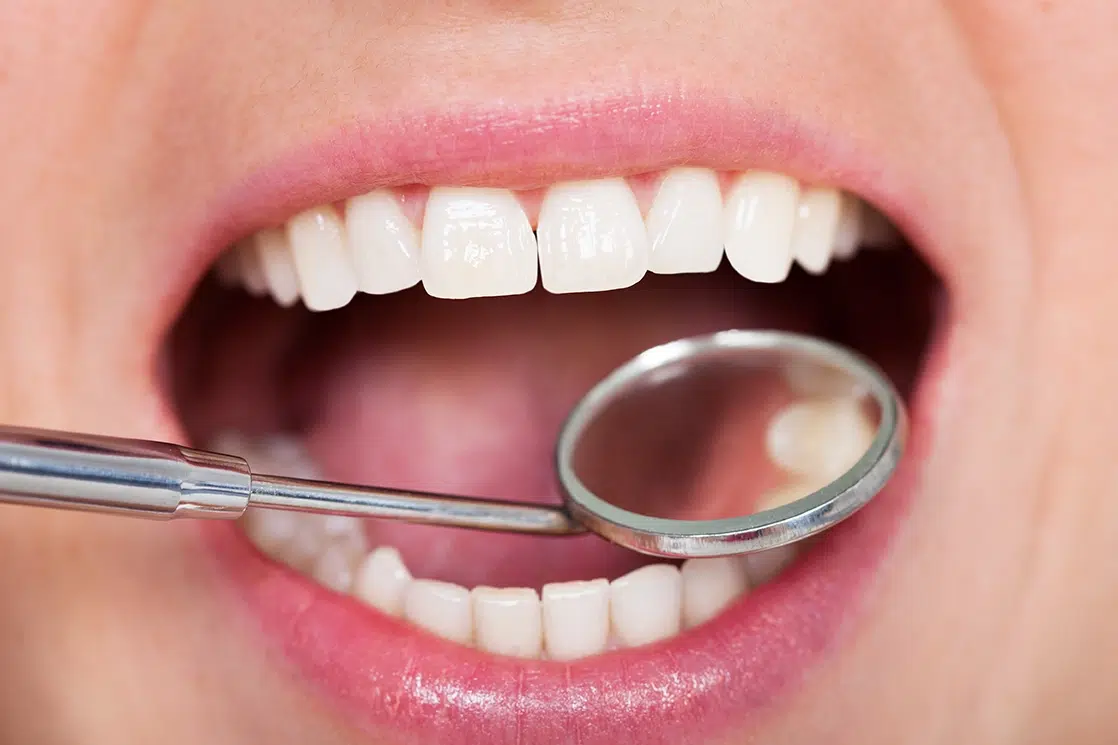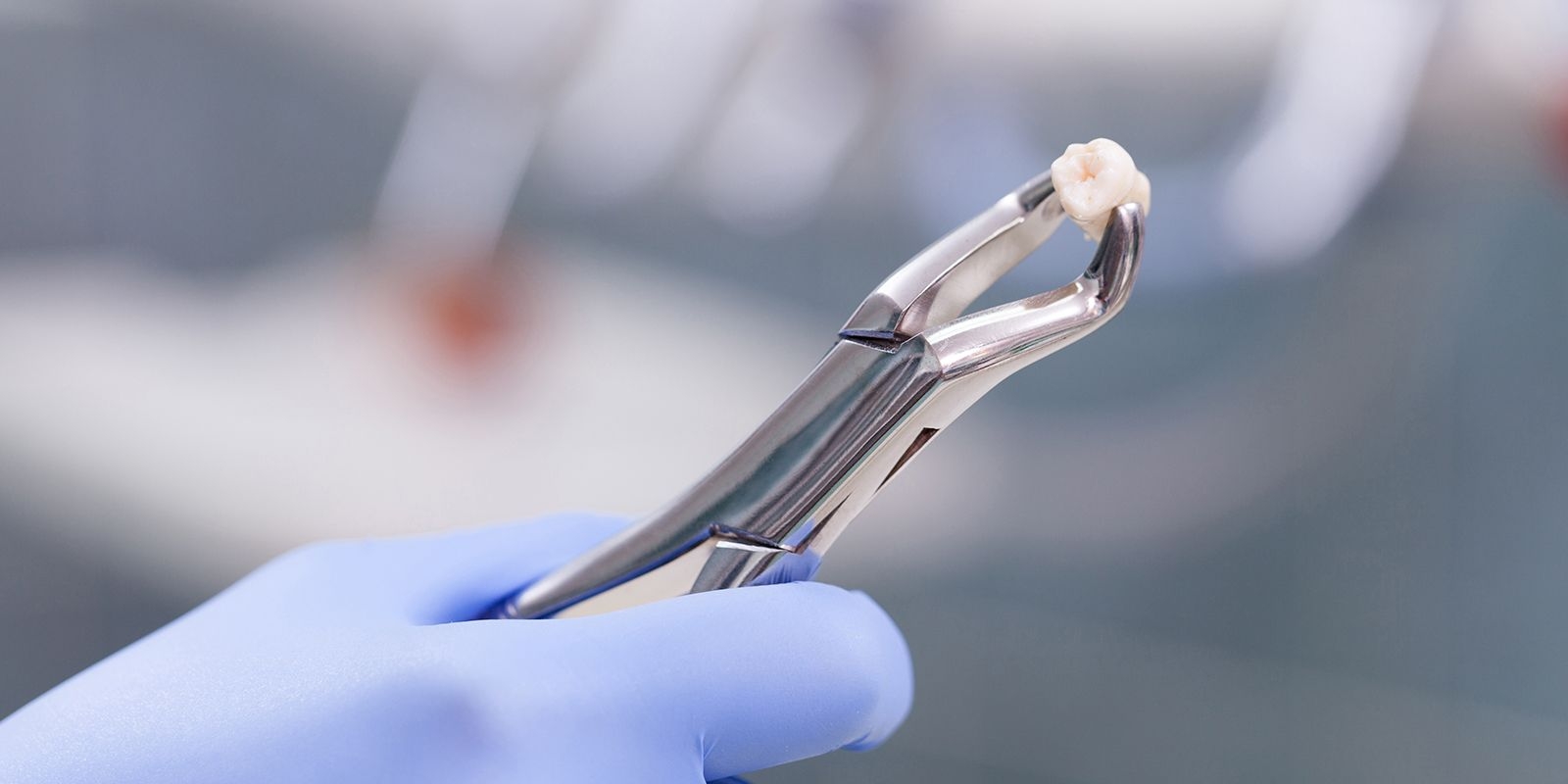Tooth Extractions
Tooth Extractions What to Expect
Whether you are in need of a single tooth removal or many, our dentists will always put your comfort first. You can expect a full assessment to determine if the extraction is needed, when the tooth/teeth need to be removed and the plan for after care.
Every patient is unique, therefore, every extraction is unique. There is no one size fits all approach and you can expect to be treated with compassion and understanding.


Why are Tooth Extractions Necessary?
Our goal is for you to keep your natural smile, however, in
some cases an extraction is necessary.
Situations in which you may need an extraction include:
- Advanced periodontal disease
- Severely damaged tooth
- Pain even after receiving treatment on the
tooth/teeth - Insufficient space for the tooth/teeth
- Failure of a baby tooth to fall out naturally
- Recommended wisdom tooth removal
Types of Extractions
There are two basic types of extractions:
Simple Extractions: Performed if the affected tooth/teeth are visible above the gum line and easily accessible. Generally, standard numbing (local anesthetic) of the gums is sufficient for patient comfort during this procedure. However, nitrous oxide is available for additional patient comfort.
Surgical Extractions: Performed if the affected tooth/teeth are not easily accessible. General anesthesia is normally recommended during surgical extractions for patient comfort. During this type of procedure there are additional steps that are not required during a simple extraction. Additional steps may include; an incision, stitches, and sedation
What to Expect After an Extraction
Every patient is unique and every recovery period after an extraction is unique. The recovery time will vary from person to person.
For a simple extraction the recovery time is normally brief. It is recommended 48-72 hours to relax afterward so the treatment area is allowed to clot. After that, a patient should be able to return to normal physical activity. The soft tissue will usually fully heal in about 3-4 weeks.
For a surgical extraction the recovery time is normally longer than a simple extraction. It will be recommended that a patient take the first 48 72 hours easy. Patients can expect to also limit their physical activity for about a week or so before resuming normal activities. The doctor will also discuss when the patient can return to work as this will vary depending on how physically strenuous their job is.
Healing Tips After an Extraction
- Avoid brushing, flossing, or chewing near the treatment site for the first few days
- Do not use a straw, rinse the mouth, or spit for the first 24 hours so a proper blood clot can form
- Do not smoke, as this increases the chances of developing an infection
- Limit physical activity in order to not dislodge the clot (which could cause a painful dry socket)
- When sleeping for the first few days, keep the head in an elevated position to prevent any bleeding
- Use a cold compress or prescribed medication as directed to control any swelling or pain
- If abnormal pain in experienced call your dentist for further instruction
“When we moved here, we needed to find a dentist. These guys are great. Very friendly and helpful, and you can’t beat evening hours! Great with insurance and very quick to answer questions. In fact, they have even called when I told them how desperate I was for a specific time. I have no complaints. Oh, and the dentists take great care in knowing that you are comfortable during any of their procedures.”
Related Articles

Getting a Dental Filling – What to Expect
You’ve just finished your routine dental cleaning when your dentist delivers news you didn’t expect: “You have a cavity.” For many patients, the idea of

What are Wisdom Teeth and Why do we Have Them?
Wisdom teeth commonly need to be extracted, so this leaves many of us wondering why do we have them? Long story short, wisdom teeth were

What to Expect After a Tooth Extraction
If you have been advised that a tooth extraction is necessary you understandably may be feeling nervous. Whether you require simple or a surgical extraction
Book an Appointment
Make an appointment today and take advantage of one of the best New Patient Dental Specials Minneapolis has to offer!
